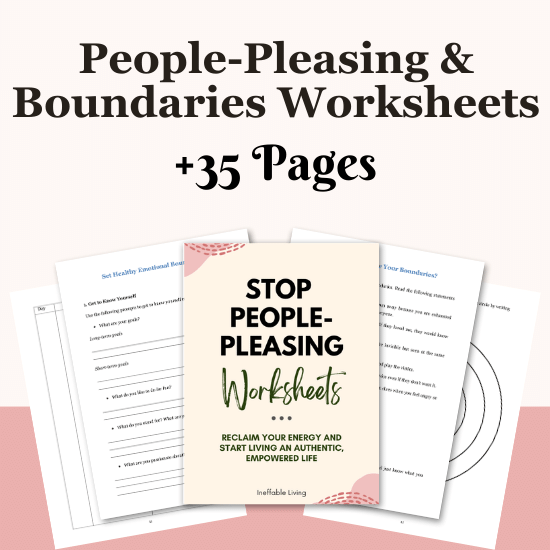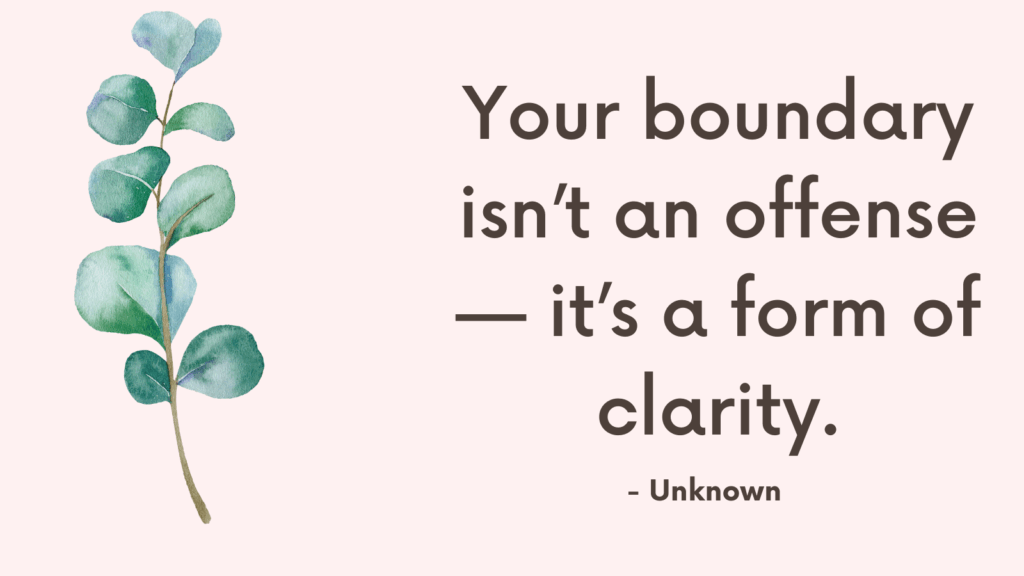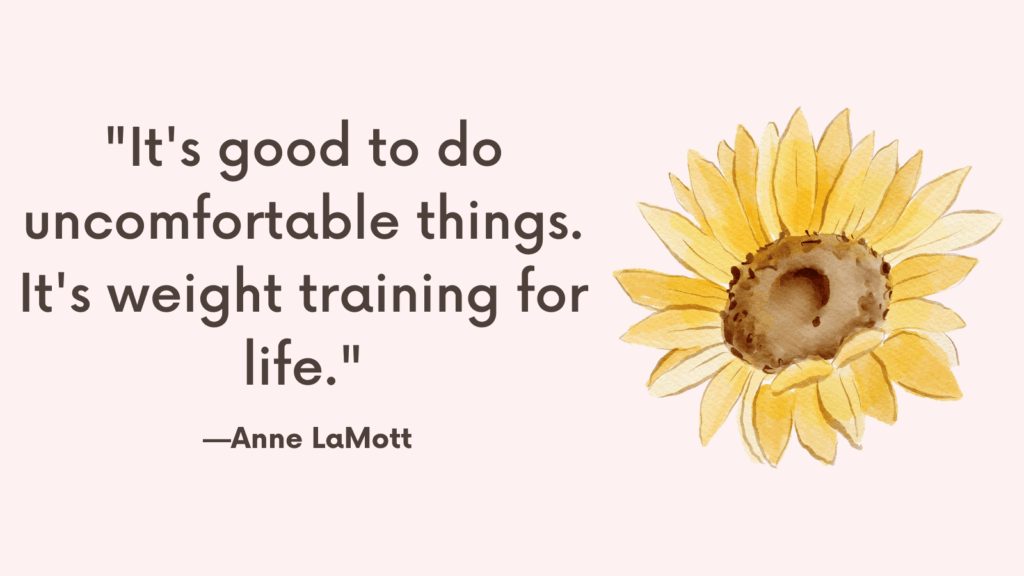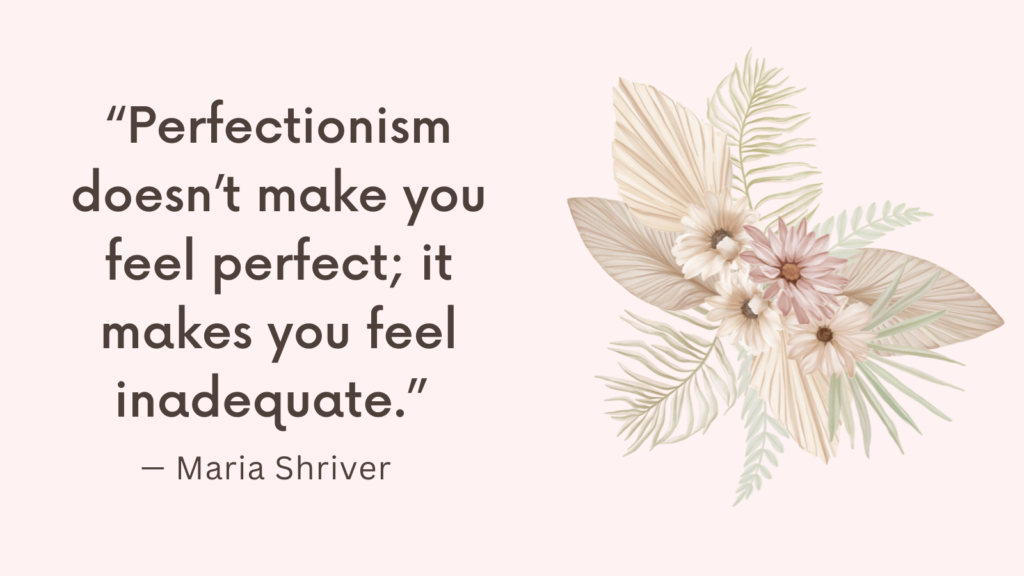At first glance, people-pleasing looks like selflessness—putting others first, being agreeable, keeping the peace. But underneath the surface, it often has less to do with kindness and more to do with control. Not in a malicious way—but in a survival-driven way. When you scratch beneath the smile, people-pleasing is often a strategy to avoid rejection, disappointment, or disapproval by trying to manage how others feel and respond.
Why People-Pleasing Is Often a Form of Control?
1. You Try to Manage Others’ Emotions by Sacrificing Your Own
When you constantly adjust your behavior so others won’t feel uncomfortable, upset, or disappointed, you’re not just helping—you’re trying to control how they feel to avoid conflict or rejection.
2. You Say What You Think They Want to Hear to Stay “Safe”
Instead of being real, you offer the “acceptable” version of yourself. It seems polite, but it’s a way to control how people perceive you—so they won’t get angry, criticize, or leave.
3. You Give So Much That Others Won’t Need to Leave You
People-pleasing often comes with over-functioning: doing, giving, fixing, anticipating. Underneath it is often the belief: If I make myself indispensable, they won’t abandon me. That’s not generosity—that’s control dressed as helpfulness.
4. You Avoid Saying “No” to Control How People React to You
Saying no feels dangerous, because it might lead to disappointment or disconnection. So you say yes—even when you don’t mean it—to control the outcome and keep things “smooth.”
Related: How to Stop People-Pleasing at Work?
5. You Feel Responsible for How Others Interpret Your Boundaries
You don’t just fear setting a boundary—you fear how they’ll take it, what they’ll feel, and whether they’ll still like you. People-pleasing tries to pre-manage their reaction, often by watering down your truth.
6. You Feel Anxious When You Can’t Fix Someone’s Mood
If someone is sad, angry, or distant, your first impulse is to step in, soothe, explain, or take blame. This isn’t just compassion—it’s often an unconscious attempt to regain a sense of control in an emotionally uncertain space.
7. You Stay Silent to Control the Image Others Have of You
When you don’t speak up—even when something hurts—you’re choosing to protect the relationship’s image over your emotional reality. It’s a way to control how others see you: easygoing, unbothered, agreeable.
Related: People Pleaser Quiz (+Top 21 Proven Ways to Stop People Pleasing)
How to Stop People-Pleasing?
1. Notice When You’re Saying “Yes” From Fear, Not Desire
Ask yourself:
“Am I agreeing because I truly want to—or because I’m afraid of what will happen if I don’t?”
That pause is the doorway to self-awareness.
2. Practice the Power of the Honest “No”
You don’t need a dramatic excuse. You don’t need to feel guilty. Try simply:
“I won’t be able to.”
“That doesn’t work for me right now.”
Short. Clear. Kind.
3. Let Go of the Need to Be Liked by Everyone
Trying to keep everyone happy will eventually cost you you. Your worth isn’t based on how well you avoid conflict. It’s based on how authentically you live.
4. Stop Apologizing for Existing
You don’t need to say sorry for having needs, setting limits, or taking up space. Replace apologies with self-respect.
Instead of: “Sorry I can’t help,”
Say: “Thanks for understanding.”
5. Give Yourself Time Before Responding
If someone makes a request, practice saying:
“Let me think about that and get back to you.”
This helps break the reflexive yes and gives you space to check in with your truth.
6. Expect Discomfort—but Don’t Let It Stop You
You might feel guilt, anxiety, or fear when you stop pleasing. That doesn’t mean you’re doing something wrong. It means you’re healing a pattern.
Related: Fear of Disappointing Others: Top 10 Ways to Overcome it
7. Reconnect With What You Actually Want
Ask:
“If no one were watching, what would I choose?”
Learning to name your preferences helps you rebuild your identity outside of others’ expectations.
8. Set Boundaries Without Explaining Too Much
You don’t owe people a full story. Try:
“I need some time to myself this weekend.”
Simple is strong.
9. Surround Yourself With People Who Don’t Need You to Perform
Spend time with those who accept you for who you are—not just for what you do for them. Safe relationships help reinforce your right to be whole.
10. Celebrate Small Acts of Self-Honesty
Every time you honor your truth, even if your voice shakes, you’re rewiring your nervous system for safety. Give yourself credit. You’re building trust with you.
Related: The Danger of Being a People Pleaser

Conclusion
People-pleasing isn’t bad or evil—it’s a trauma-informed strategy meant to protect you in environments where authenticity felt unsafe. But it’s still a form of control: one that costs you the most. Real peace doesn’t come from managing others—it comes from being real with yourself. When you trade control for truth, you stop shape-shifting for safety and start building relationships that are grounded in mutual respect, not silent sacrifice.



